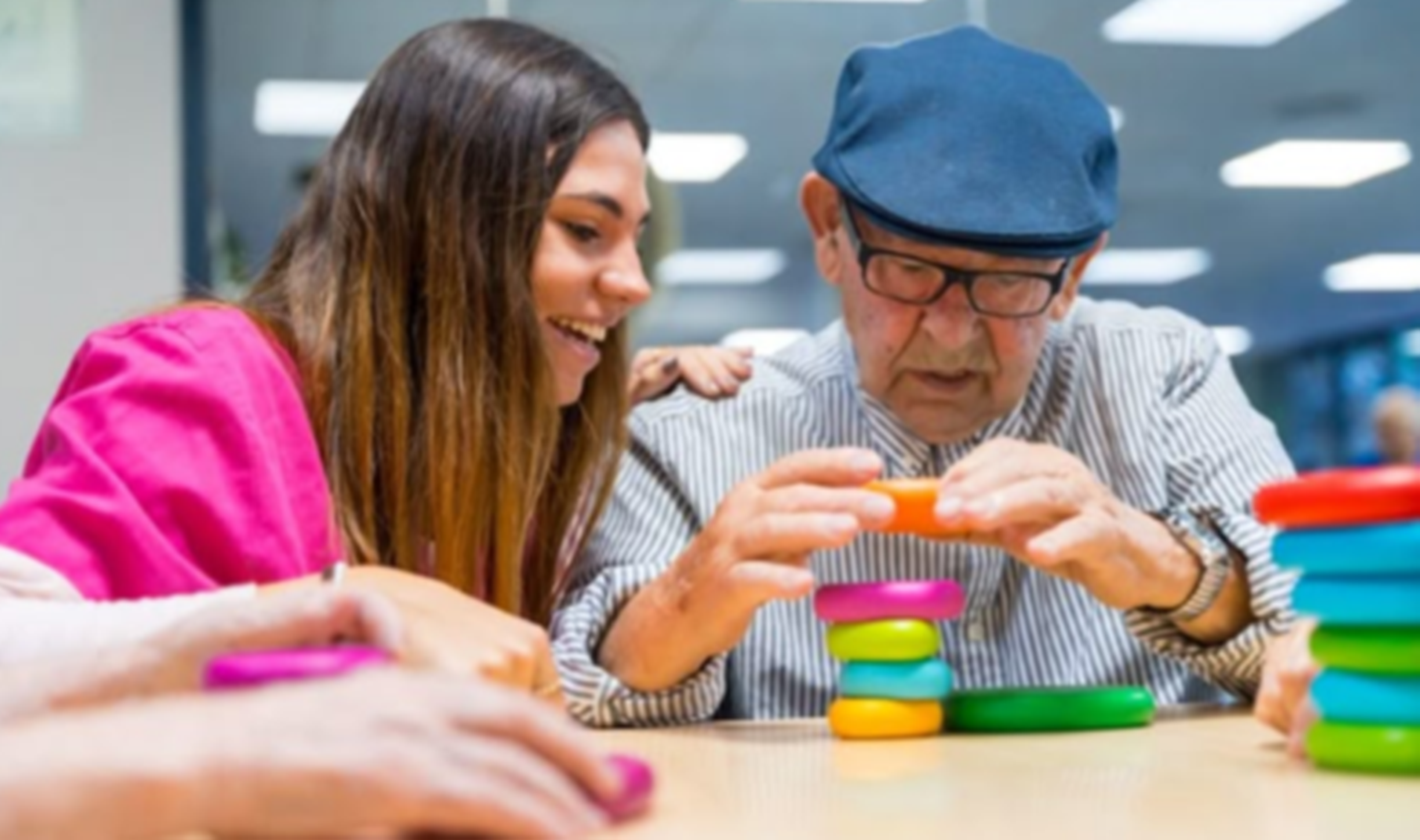Choosing the Right Alzheimer’s Treatment Options for Seniors

Alzheimer’s disease affects millions of seniors worldwide. It gradually impacts memory, thinking, and daily functioning. Choosing the right treatment can improve quality of life and help manage symptoms effectively. Families often feel overwhelmed by the choices. Understanding the different options and tailoring them to each individual’s needs is key.
Medical Approaches in Alzheimer’s Care
Medication is often the first step in managing Alzheimer’s. Doctors may prescribe drugs that temporarily slow memory loss or help with cognitive functions. These medicines do not cure the disease but can ease daily challenges. Seniors respond differently, so close monitoring is essential. Medical approaches are often combined with other therapies to create a balanced care plan.
Exploring Alzheimer’s Treatment Options for Memory Support
Alzheimer’s treatment options include medications and lifestyle interventions designed to support memory and cognitive function. Cognitive training exercises, memory games, and structured routines help maintain mental sharpness. Nutritional adjustments and regular physical activity also play a vital role. Using a mix of these methods alongside medications enhances effectiveness. Choosing the right alzheimer’s treatment options is often tailored to the senior’s stage of the disease and personal needs.
Behavioral Therapy in Alzheimer’s Treatment Options
Behavioral therapy is another important Alzheimer’s treatment option. Seniors may experience anxiety, agitation, or confusion. Trained therapists work on strategies to manage these behaviors. Techniques include creating calm environments, establishing routines, and using positive reinforcement. Family involvement, professional guidance, and community resources create a strong support system. Behavioral therapy helps reduce stress for both seniors and caregivers, improving overall wellbeing.
Integrating Lifestyle Changes into Alzheimer’s Treatment Options
Lifestyle modifications are crucial in Alzheimer’s treatment options. Balanced diets, social engagement, and mental stimulation can slow progression of symptoms. Activities like walking, painting, or light exercise maintain physical health while stimulating the brain. Caregivers often find these changes improve mood and daily functioning. Techniques include creating calm environments, establishing routines, and using positive reinforcement. Integrating lifestyle adjustments with medical interventions offers a comprehensive approach.
Supportive Care for Seniors with Alzheimer’s
Supportive care focuses on comfort and safety. Home modifications, assistive devices, and caregiver support are essential. Seniors benefit from structured routines and personalized attention. Emotional support, counseling, and support groups also provide relief for families. Ensuring a safe, nurturing environment helps seniors maintain dignity and independence.
Community Resources and Alzheimer’s Programs
Community programs offer additional assistance. Adult day care centers, memory clinics, and local support networks provide activities and social interaction. These resources relieve caregiver stress and enhance the senior’s social life. Techniques include creating calm environments, establishing routines, and using positive reinforcement. Programs often include education on Alzheimer’s disease, treatment updates, and caregiver training. Accessing community support complements medical and lifestyle interventions.
Conclusion
Choosing the right Alzheimer’s treatment options requires understanding medical, behavioral, and lifestyle interventions. Each senior’s journey is unique, and effective care combines multiple approaches. Family involvement, professional guidance, and community resources create a strong support system. With thoughtful planning, seniors can experience a better quality of life and families can navigate this challenging journey with confidence.
Leave a Reply
You must be logged in to post a comment.




Leave a Comment